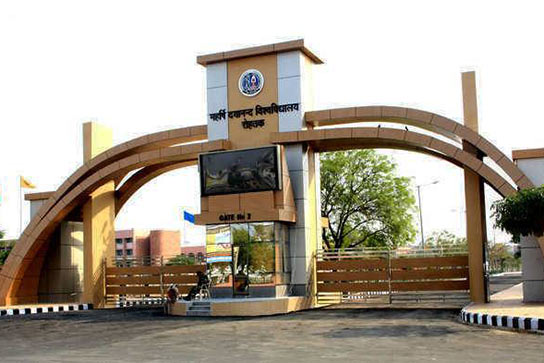Most of us are relying on the internet for our day-to-day activities as it supports human communication via social media, e-mail and audio and video transmission. No one can imagine a life without the internet even when internet connections are slow, it takes time to get things done online. But what will your reaction be when you get to know that Japan has set a new world record for the fastest internet speed. Well, you will be more happy and excited as it will connect billions of computers and devices to each other just with a snap.
Researchers at the National Institute of Information And Communications Technology in Japan have set a new world record for the world's fastest internet speed at 319 Terabytes per second in the form of a long-haul transmission over 3,001 kilometers. Earlier, the University College of London set the same record at 178 Tbps.
A team of engineers at the National Institute of Information and Communication Technology (NICT), Tom's Hardware reports has obliterated the old internet speed world record of 178 terabits per second (Tb/s). They managed to achieve 319Tb/s, while also maintaining a very high speed over a long distance. There was no speed drop off over 3,001km, which is roughly 1,865 miles.
For this, the engineers have introduced a new novel engineering as the cable used in the process is a four-core optical fiber with "552 PDM-16QAM, wavelength-division multiplexed channels." The engineers also took advantage of "erbium and thulium doped-fiber amplifiers and distributed Raman amplification."
According to a report, The research was led by Benjamin Puttnam and the huge increase in speed was also due to the engineering team using S, C, and L band transmission for the first time. Typically C and L bands are used for long-haul transmission, but this time the S-band was utilized, too. The other good news is the four-core optical fiber works with existing equipment, which should make it easier and cheaper to deploy."
The engineers used different amplifier technologies to achieve a transmission demonstration data rate of 319 Terabytes per second. Along with this, they also became the first to produce 957 petabits per second x kilometer, setting a world record for optical fibres that possess a standard outer diameter.
Benjamin Puttnam's team believes that this research could contribute to the communications system and can establish new communication services beyond just 5G. As they continue to develop wide-band, long-distance transmission systems and boost the transmission capacity of low-core-count multi-core fibres and other novel SDM fibres.
Japan Sets a New World Record With Internet Speed of 319 Terabits Per Second!





